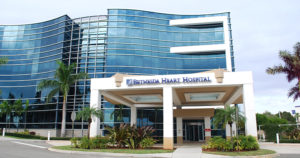
The staff at Bethesda is truly remarkable.
When I entered the hospital with a positive Covid test and double pneumonia in July, I tried to think about how I could shed light on the virus and maybe help others by raising awareness.
Your Guide To The Delray Beach Boca Raton Lifestyle

The staff at Bethesda is truly remarkable.
When I entered the hospital with a positive Covid test and double pneumonia in July, I tried to think about how I could shed light on the virus and maybe help others by raising awareness.
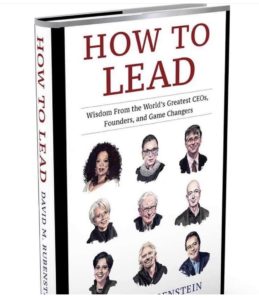
An easy to read primer on leadership.
DAVID RUBENSTEIN: I’m looking for their ability to focus, their ability to communicate well, their ability to have some sense of priority of what’s most important to them, their ability to inspire people, their ability to rise to the occasion. And I also think humility is important. Anybody that is really a successful leader I think has failed in life. And you have to persist after your failures. But failure gives you some humility.”
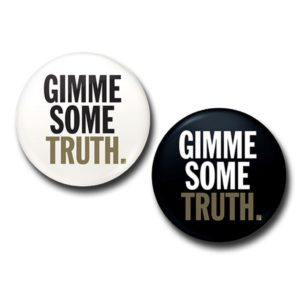
We cans sure use some can’t we?
John Lennon would have turned 80 this week.
Endures negative feedback.
Takes risks on a regular basis.
Does not create to satiate the audience but themselves.
Creates because they need to.
Works without the audience in mind.
Knows that they will oftentimes be ahead of the audience.
Knows to ignore their most vocal critics. It’s usually more about the person who is criticizing than the work.
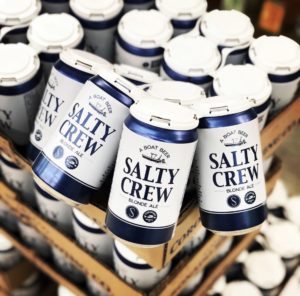
Last week, I went out for a beer.
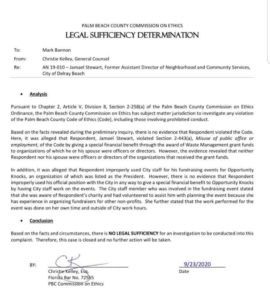
Word came last week that a Delray Beach city employee was cleared of wrongdoing after more than a year of innuendo and uncertainty.
And if you have a culture that eats people up and spits them out it doesn’t take a management degree to understand that it’s going to be hard to attract and keep a talented staff.
I spent seven years on the city commission and have been following local government here and elsewhere for almost 35 years. If I’ve learned one thing, it’s that a good staff makes a world of difference and a poor staff can cost you dearly.
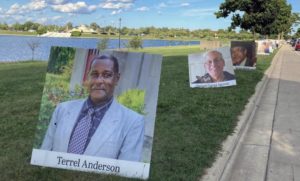
This park in Detroit honors those lost to Covid-19.
I’m a little over two months into my Covid odyssey and here’s where I stand (or mostly sit).

Last week, I wrote a blog about how far Delray Beach has strayed since the days when Florida Trend referred to the city as the best run town in Florida.
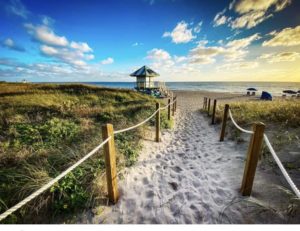 Our beach is a prized asset. Protecting it must be based on science not politics.
Our beach is a prized asset. Protecting it must be based on science not politics.
There’s a lot happening in Delray Beach these days.

One of the biggest lessons I’ve learned this year is that good and bad can co-exist. When something’s bad, it’s not all bad, and vice versa.
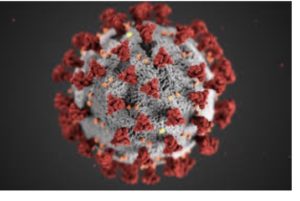
The virus millions are wrestling with.
Hello dear readers.
Copyright © 2024 · Genesis Framework · WordPress · Log in